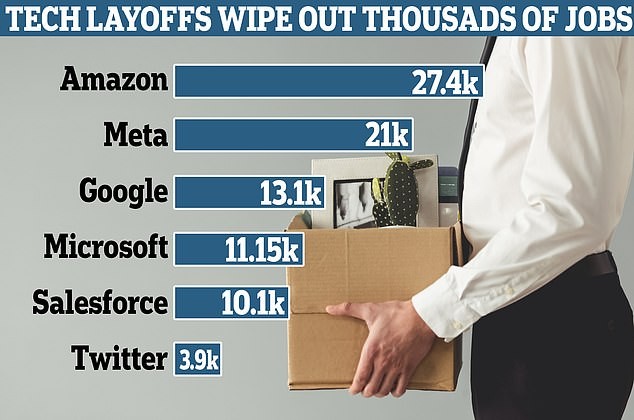
The rapid adoption of artificial intelligence across industries has triggered an unprecedented wave of job losses, raising alarms about workforce stability and economic security. As companies rush to implement AI solutions, thousands of workers face an uncertain future.
The New Reality of Workplace Automation
AI technologies are revolutionizing how businesses operate, with machine learning and automation replacing roles previously held by humans. Beyond just manual labor, AI now tackles complex tasks in finance, healthcare, customer service, and even creative industries. Companies cite improved efficiency, reduced costs, and streamlined operations as key drivers for this shift.
White-Collar Jobs Under Threat
The impact extends far beyond entry-level positions. Professional roles once considered secure are now at risk. Administrative staff, data analysts, and customer support teams face displacement as AI systems take over their responsibilities. Even creative fields like journalism and content creation see disruption from AI writing tools.
Current Impact on the Workforce
Major corporations across tech, retail, finance and other sectors are already implementing large-scale layoffs as AI systems replace human workers. For many affected employees, finding new positions proves challenging as their specialized skills become obsolete. The rapid pace of change leaves little time for workers to adapt or retrain.
Human Toll and Social Impact
Behind the statistics lie profound personal struggles. Job losses affect not just financial stability but also personal identity and purpose. While some companies offer severance packages and transition support, the scale of displacement demands broader solutions involving government, business and education sectors.
Path Forward
Industry experts suggest focusing on roles that complement AI rather than compete with it. This includes positions in AI management, ethics oversight, and human-AI collaboration. Companies are encouraged to invest in workforce training and create opportunities that combine human creativity with AI capabilities.
The AI revolution promises enhanced productivity but requires careful management to avoid devastating impacts on workers. Finding the right balance between automation and employment remains a critical challenge for businesses and policymakers alike.